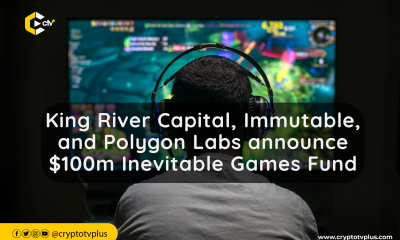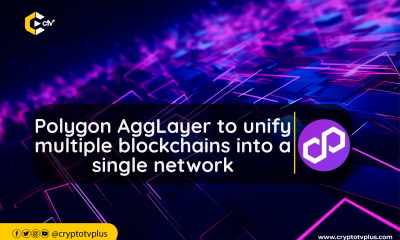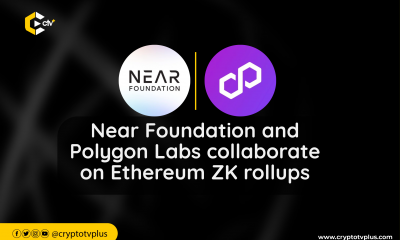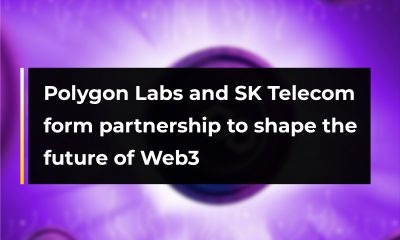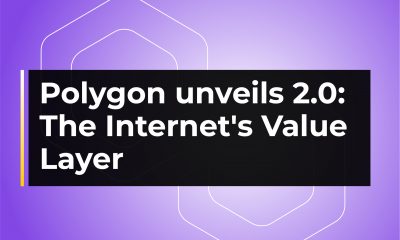News
Polygon Labs reveals AggLayer V1 mainnet launch date
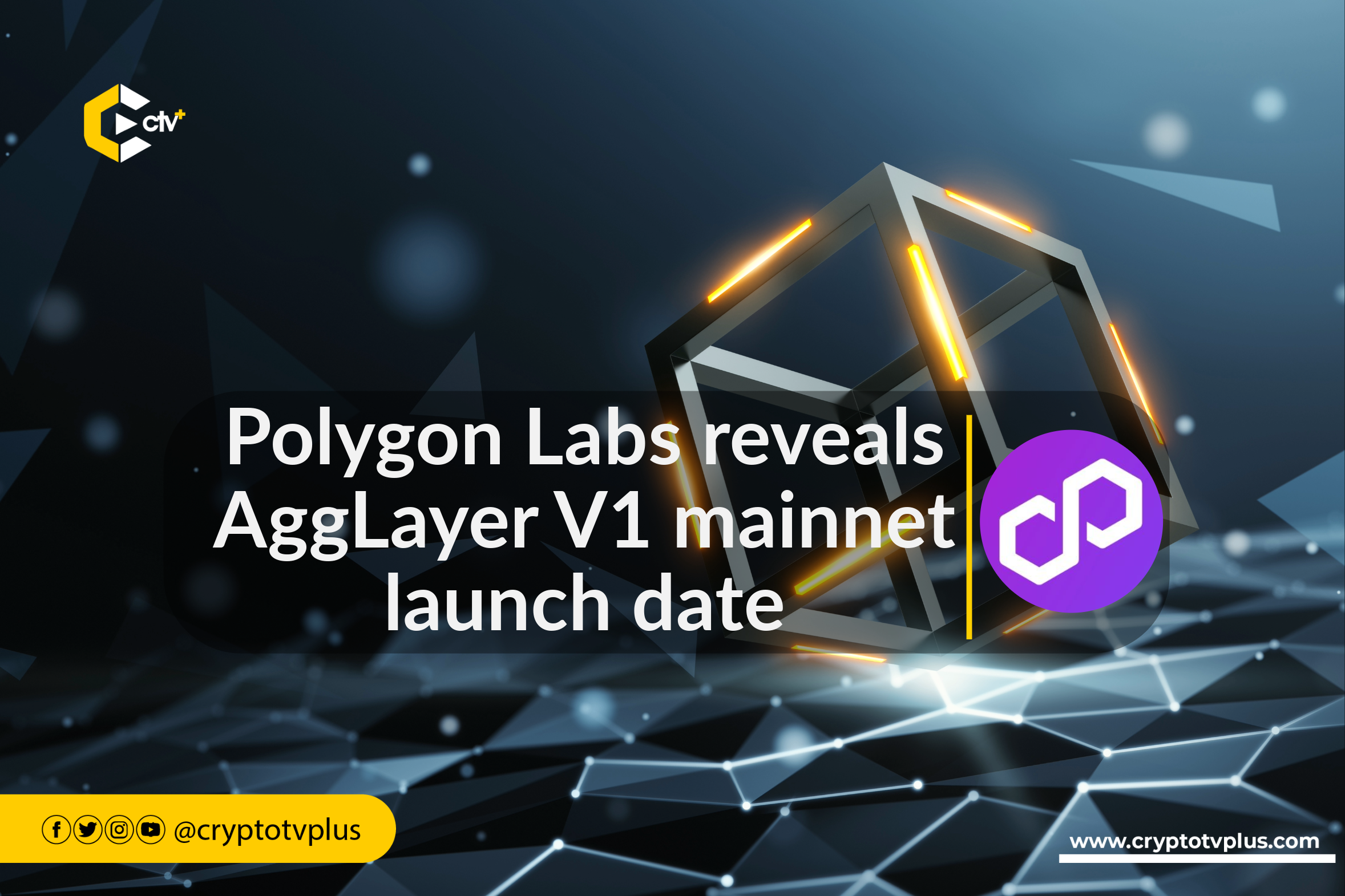
Polygon Labs has announced the highly anticipated launch date for AggLayer V1 Mainnet. The event, called “Aggregation Day,” is set to happen on February 23, starting at 9 AM EST.
Aggregation Day will be a virtual event aimed at providing valuable insights into the technology behind AggLayer. Attendees will have the chance to explore AggLayer’s features, understand its potential uses, and gain a deeper understanding of the crucial role aggregation plays in the digital world.
This event not only showcases the AggLayer V1 Mainnet but also offers an educational opportunity to understand the importance of aggregation in the blockchain ecosystem.
Polygon is an interchain scalability solution that serves as a Layer-2 scaling solution for the Ethereum blockchain. It aims to address Ethereum’s scalability challenges by providing a framework for constructing interoperable blockchain networks.
Additionally, Polygon offers a variety of scaling solutions on a single network, allowing developers to choose the scaling method that best suits their needs, such as zk-rollups or optimistic rollups.
The project aims to create an Internet of Things (IoT) for the Ethereum blockchain, providing solutions for everyday users, developers, and enterprises. The Polygon network was co-founded by Jaynti Kanani, Sandeep Nailwal, Anurag Arjun, and Mihailo Bjelic.
AggLayer v1 is a component of the Polygon protocol architecture, specifically designed to facilitate secure and seamless cross-chain messaging within the Polygon ecosystem. It abstracts the complexity of cross-chain communication, making the entire Polygon network feel like a single chain to the end user.
The AggLayer enables shared access to native Ethereum assets and supports near-instant and atomic cross-chain transactions, thus enhancing the unified liquidity of Polygon 2.0. It also aggregates ZK proofs into a single ZK proof and submits it to Ethereum for verification, thereby reducing Ethereum gas consumption for proof verification.
Additionally, the AggLayer allows any existing EVM chain to become a ZK Layer 2 (L2) and connect to the AggLayer, thus contributing to the scalability and interoperability of the Ethereum ecosystem. While AggLayer v1 is the first version of this protocol, AggLayer v2 is expected to support asynchronous cross-chain transactions later in the year.
Read also; Pandora ERC4040 announces major updates, plans to go open-source



